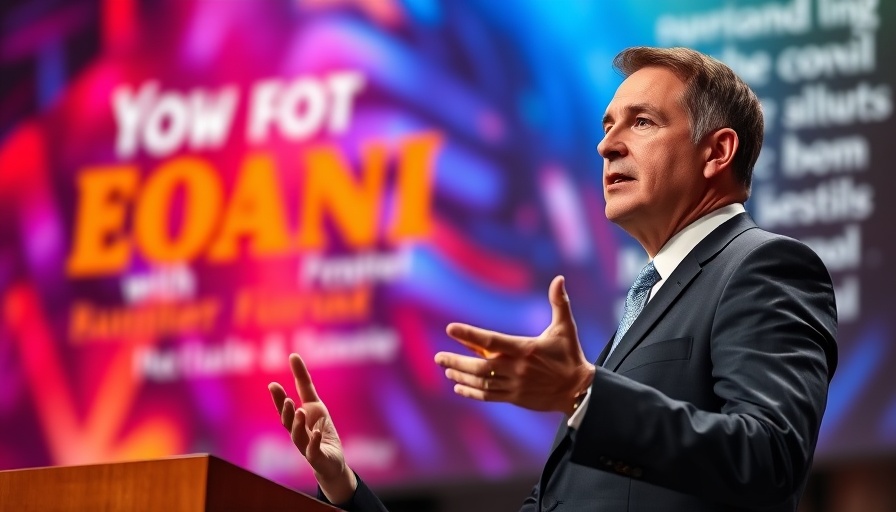
Shifting Towards A Smoke-Free Future in Sub-Saharan Africa
In the heart of Sub-Saharan Africa, a significant transformation is underway as Philip Morris International (PMI) escalates its efforts to transition smokers from traditional cigarettes to smoke-free alternatives. With its Area Vice President Branislav Bibic leading the charge, PMI’s commitment reflects a broader global vision to cultivate a smoke-free future, especially within the vibrant markets of Africa.
The Science Behind the Smoke-Free Movement
PMI’s strategy is deeply rooted in science and innovation, aimed at offering reduced-risk alternatives to adult smokers. As Bibic articulated during an exclusive interview at the recent Technovation Summit in Cape Town, “This is a global transformation that started more than ten years ago.” This foresight positions Sub-Saharan Africa as a critical region in the fight against tobacco-related health risks.
In South Africa, PMI has made remarkable progress, with about 20% of the legal cigarette market transitioning to smoke-free products. This figure indicates a burgeoning readiness among African consumers to adopt innovative technologies, particularly when these are affordable and accessible.
Challenges and Regulatory Hurdles Ahead
Despite the positive signs, the expansion into Sub-Saharan Africa is fraught with challenges. The relatively slow uptake of these technologies compared to developed nations can be attributed to heavy taxation policies and a lack of clarity in regulatory frameworks. Bibic noted, “These products are fundamentally different from cigarettes in terms of risk,” emphasizing the need for regulations that reflect this difference.
Moreover, PMI’s substantial investment—over US$14 billion globally—into research and development underscores the company’s commitment to this transition. This investment is essential not only for product innovation but also for ensuring that educational initiatives reach consumers effectively.
Addressing Youth Access and Public Health Considerations
Another pressing issue within this discourse is the accessibility of nicotine products to youth. PMI is committed to ensuring these smoke-free products are only available to adult smokers. Bibic highlighted their strict self-regulatory marketing codes which guard against appealing designs that might target younger audiences.
As the dialogue surrounding public health continues to evolve, it’s imperative for industry players and regulators to work collaboratively towards creating a safer environment for future generations.
Implications for African Business Leaders and Policymakers
For business leaders and policymakers in Africa, understanding PMI's smoke-free initiative and its potential ripple effects on public health and governance is crucial. It's a moment ripe with opportunities to forge policies aligning with public health goals while fostering economic growth through innovation.
Looking Ahead: What Lies in Store for Africa?
The outlook for smoke-free products in Africa shows great promise; however, it hinges on the adaptability and receptiveness of regulatory landscapes. If these barriers can be addressed through effective policymaking and public education, Sub-Saharan Africa could lead the charge in the global shift towards reduced-risk products.
As this narrative unfolds, engaging discussions about Africa’s evolving role in global health and trade strategies will be paramount in shaping the continent's future.
 Add Row
Add Row  Add
Add 


 Add Row
Add Row  Add
Add 

Write A Comment